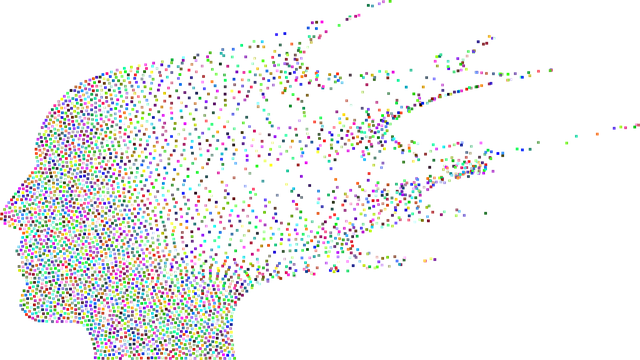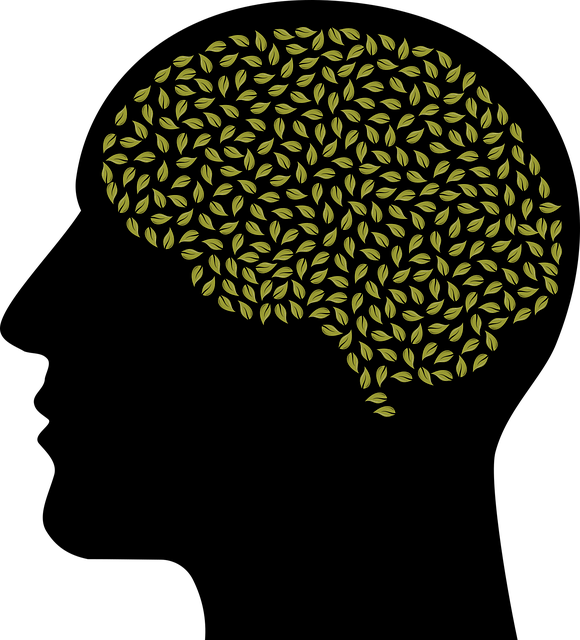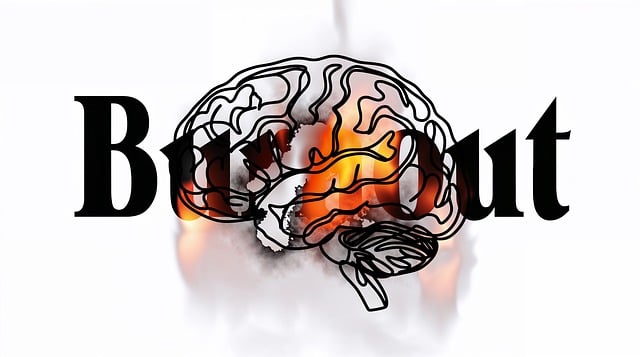Crisis intervention has evolved to include holistic approaches like Centennial Mandarin Chinese Speaking Therapy, combining traditional wisdom with modern techniques to address mental health challenges in a diverse, multicultural landscape. Bilingual therapists bridge cultural gaps and improve communication, creating safe spaces for expression and open dialogue. This therapy integrates coping mechanisms and community resources, ensuring long-term well-being, especially in areas with limited access to mental health services. Centennial Mandarin Chinese Speaking Therapy advocates for inclusive, culturally sensitive crisis intervention services through ongoing care and connection to tailored community programs.
In times of crisis, effective intervention can be a life-saving measure. This article explores modern crisis intervention strategies with a unique focus on the role of Centennial Mandarin Chinese Speaking Therapy. We delve into how bilingual therapists bridge cultural gaps in support, discuss effective communication tactics during crises, and highlight post-intervention care options to ensure community wellbeing. Understanding these strategies, especially within diverse linguistic contexts, is key to fostering resilient communities.
- Understanding Crisis Intervention: A Century-Old Practice with Modern Relevance (Centennial Mandarin Chinese Speaking Therapy)
- The Role of a Bilingual Therapist: Bridging Cultural Gaps in Crisis Support
- Effective Communication Strategies During Times of Crisis
- Post-Intervention Care and Community Resources for Continuous Wellbeing
Understanding Crisis Intervention: A Century-Old Practice with Modern Relevance (Centennial Mandarin Chinese Speaking Therapy)

Crisis intervention has evolved over a century, with roots tracing back to early therapeutic practices. Today, it stands as a crucial component in mental health support, particularly relevant in navigating the complex challenges of modern society. Centennial Mandarin Chinese Speaking Therapy exemplifies this timeless yet modern approach, offering guidance through culturally sensitive practices that bridge traditional wisdom and contemporary crisis management.
The integration of Compassion Cultivation Practices within these therapy models plays a pivotal role. By fostering empathy and understanding, therapists equipped with Mental Health Education Programs Design can challenge the Mental Illness Stigma Reduction Efforts, creating safer spaces for individuals to seek help without fear of judgment. This holistic strategy ensures that crisis intervention not only provides immediate support but also contributes to long-term mental well-being in diverse cultural contexts.
The Role of a Bilingual Therapist: Bridging Cultural Gaps in Crisis Support

In crisis intervention settings, the role of a bilingual therapist is invaluable, especially in communities with diverse cultural backgrounds. With the increasing multicultural fabric of many societies, therapists who speak languages other than English can bridge the gap between service providers and clients from various ethnic groups. For instance, Centennial Mandarin Chinese speaking therapy offers a unique advantage in reaching and supporting individuals from Chinese-speaking backgrounds during times of crisis.
These therapists not only provide linguistic support but also cultural sensitivity. They can adapt Self-Awareness Exercises and Anxiety Relief techniques to suit the specific needs of their clients, ensuring that traditional practices are culturally appropriate. Furthermore, their expertise contributes to effective communication, which is crucial in building trust and fostering open dialogue. This approach has implications for Mental Health Policy Analysis and Advocacy, highlighting the importance of inclusive practices that respect cultural diversity in crisis intervention services.
Effective Communication Strategies During Times of Crisis

In times of crisis, effective communication is a cornerstone of successful intervention. At Centennial Mandarin Chinese Speaking Therapy, we understand that language plays a vital role in connecting with individuals during stressful situations. Our approach focuses on creating a safe and non-judgmental environment where clients feel heard and understood. By employing active listening skills, therapists encourage open dialogue, allowing for the expression of emotions and concerns. This two-way communication fosters trust and empowers individuals to share their experiences, which is essential in crisis intervention.
Additionally, our therapy sessions integrate cultural sensitivity, recognizing that self-care routine development for better mental health and burnout prevention strategies for healthcare providers are crucial aspects of managing crises. We guide clients towards healthy coping mechanisms, promoting anxiety relief through tailored techniques. These strategies not only help individuals navigate challenging situations but also ensure they have the tools to maintain their well-being in the long term, particularly when facing language barriers or cultural complexities, as is often the case with our Mandarin-speaking clientele.
Post-Intervention Care and Community Resources for Continuous Wellbeing

After a crisis intervention, providing ongoing care and connecting individuals to community resources is vital for long-term wellbeing. This support system plays a crucial role in preventing relapse and fostering resilience, especially for communities with limited access to mental health services like those relying on Centennial Mandarin Chinese Speaking Therapy.
Community-based organizations offer a range of services, including group therapy sessions, peer support networks, and cultural-specific programs that cater to the unique needs of Chinese-speaking individuals. Engaging in regular Self-Awareness Exercises and participating in Stress Management Workshops Organization can also empower individuals with coping strategies to manage future stressors. Additionally, Mental Health Policy Analysis and Advocacy ensures that community resources are accessible, culturally sensitive, and aligned with the evolving mental health needs of diverse populations.
In conclusion, crisis intervention strategies, such as the ancient yet modern approach of Centennial Mandarin Chinese Speaking Therapy, play a pivotal role in supporting individuals during challenging times. By combining cultural sensitivity and effective communication techniques, bilingual therapists can bridge gaps and provide tailored care. This comprehensive guidance, including post-intervention support and community resources, ensures that those in crisis receive holistic assistance, fostering resilience and promoting long-term wellbeing.














